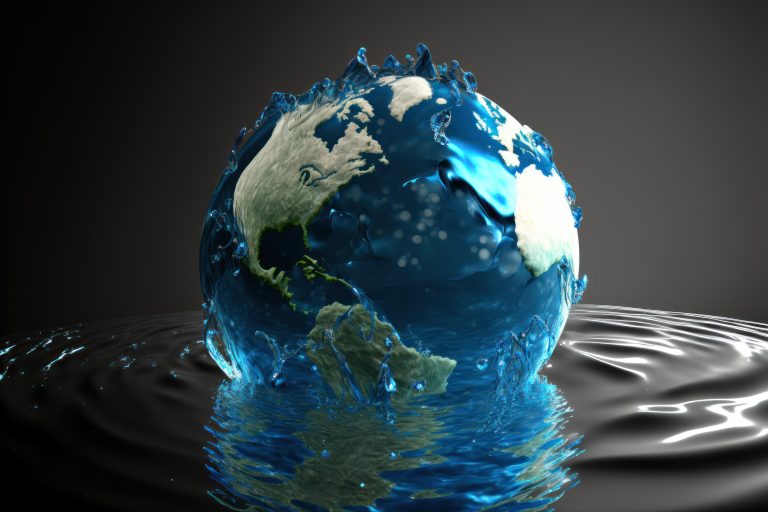Table of Contents
Inflation in the economy is something that cannot be avoided. Also, this is a challenge for the government to maintain economic stability in a country.
In this article below, we will talk about inflation in the economy, its impact, and how the government deals with this issue.
What is inflation?
Inflation is an increase in prices, but it also indicates a decrease in the ability to buy goods and services with the same amount of currency over time.
The rate of decrease in purchasing power is reflected in the increased average prices for goods and services that are widely preferred over a specific period.
A rise in prices, often expressed as a percentage, signifies that a unit of currency now buys fewer goods and services compared to the previous period.
Speaking of inflation in the economy, you should also know about deflation. Deflation is the opposite of inflation, it occurs when prices fall, leading to an increase in purchasing power.
How the Inflation in the Economy Happened
There are three main factors that cause inflation in the economy, demand-pull inflation, cost-push inflation, and built-in inflation.
a. Demand-Pull Inflation
Demand-pull inflation occurs when the overall demand for goods and services in an economy exceeds its productive capacity.
This leads to a sustained rise in the general price level. There are several factors that influence demand-pull inflation, such as increased consumer spending, investment, exports, and government spending.
b. Cost-Push Inflation
Cost-push inflation happens when the expenses of producing goods and services go up. This situation leads the companies to increase their products and services price.
c. Built in Inflation
Built in inflation also known as a wage-price spiral. It happens when workers demand higher salaries to fulfil their life needs.
Consequently, companies increase prices to offset the rise in their wage costs, resulting in a self-reinforcing cycle of escalating wages and prices.
The Impact of Inflation on the Economy
Inflation in the economy can impact consumers and individuals nor businesses and industries. Here’s the explanation:
Consumer and Individuals
For individuals, high inflation may cause them to spend a lot of money to buy desired items quickly before the prices rise further.
Business and Industries
Inflation causes a country’s currency to decrease, this can favour exporters by making their products more cheap when priced in a foreign country’s currency.
Yet, this is unfavourable to importers because it makes foreign-made products more pricey.
How Government Deals with Inflation
Who can control the inflation? So, the answer is the government and Central Bank. This effort aims to reduce inflation, depending on the causes of this issue.
There are some common strategies by the government to address and control inflation, including:
- Monetary policy: Elevated interest rates result in decreased economic demand, causing a decline in both economic growth and inflation.
- Fiscal policy: The government will raise the rate of income tax, so it can reduce demand, spending, and inflationary pressures.
- Control of money supply: Money supply is closely related to the cause of inflation. Therefore, inflation can be controlled by controlling the money supply.
- Supply-side policies: These policies aimed at enhancing the competitiveness and effectiveness of the economy, by reducing long-term expenses.
- Wage/price controls: Controlling wages indeed helps to reduce inflationary pressures. However, this strategy is rarely used because it is not that effective.
After knowing all the inflation’s impacts on the economy, we understand that inflation must be controlled by the government. Nevertheless, this issue can be detrimental to society.








